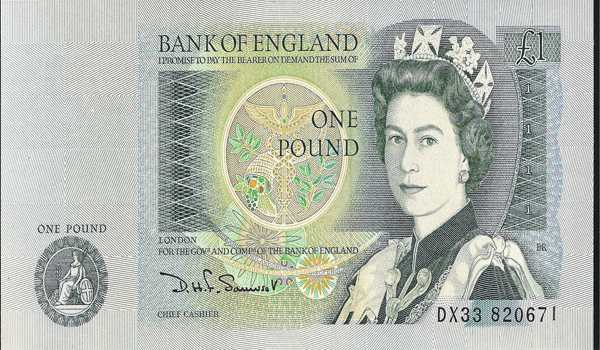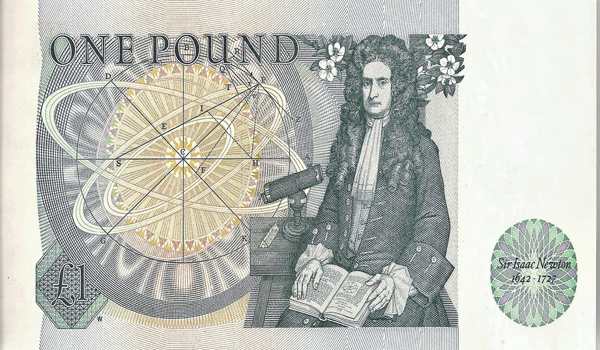Counting is a fundamental part of human life, and while we often take it for granted, the methods we use to count and measure have deep cultural and historical roots. While the modern world predominantly uses the decimal system, numerous other fascinating counting systems exist, some of which have been passed down through generations.
These systems, often overlooked, reveal much about the societies that developed them and challenge our assumptions about numbers and counting.
Decimal System: Rooted in Human Anatomy
The decimal system, the most widely used numbering system today, is deeply rooted in human anatomy. With ten fingers, it’s no surprise that we naturally gravitated towards base-10. It’s a system that’s both intuitive and practical, making it ideal for everything from basic arithmetic to complex mathematics. But what if we utilized our toes as well?
Vigesimal System: Counting on Fingers and Toes
Imagine a world where we count on both our fingers and toes—a double decimal system or vigesimal system. It might seem odd at first, but it’s not as rare as you might think. The French, for instance, use a variant of the vigesimal system when counting from 70 to 99. For example, 70 is “soixante-dix” (sixty-ten), 80 is “quatre-vingts” (four-twenties), and 90 is “quatre-vingt-dix” (four-twenty-ten). This method reflects a time when different counting systems were in more widespread use across Europe.
In Breton and old Welsh, the base unit is twenty as well. For instance, in Breton, “daou-ugent” (two-twenty) is 40, while in old Welsh, “trigain” (three-twenty) is 60. The ancient Celtic influence is apparent here, showing how these systems have persisted over time.

Imperial System and Scores
Even in the UK’s Imperial system, base-20 measurements persist. For example, twenty fluid ounces make one pint, and twenty hundredweights make one ton. In the old British currency, twenty shillings made one pound sterling. This use of twenty as a base unit also appears in the biblical reference “three score years and ten,” which denotes a lifespan of 70 years, and in Abraham Lincoln’s Gettysburg Address, where “four score and seven years ago” means 87 years. The term “score” itself comes from the Old Norse word “skor,” which referred to a notch or scratch on a tally stick—a physical representation of twenty.

Greenlandic Inupiat Counting System: A Vigesimal System with a Twist
One of the most intriguing counting systems comes from the Greenlandic Inupiat, who use a vigesimal system with an added twist—they break the counting into four quinary (base-5) units. They begin by counting on one hand up to five, then switch to the other hand, then to the toes. This method makes counting a highly physical activity, connecting the abstract concept of numbers with the physical body.
For instance, counting begins as follows:
- 0 = nuulu
- 1 = atuseq
- 2 = mardluk
- 3 = pingasut
- 4 = sisamat
- 5 = tatdlimat
From there, the system moves to the second hand, and then to the feet:
- 10 = arfineq-tatdlimat (second hand five) or qulitso
- 15 = arfaneq-tatdlimat (first foot five)
- 20 = arfensaneq-tatdlimat (second foot five) or inuk navdlugo (complete human)
Beyond 20, the system involves adding another person to continue the count, creating a communal aspect to counting.
Yan Tan Tethera: Counting Sheep the Ancient Way
The ancient shepherds of the UK, especially in the northern regions, used a counting system known as “Yan Tan Tethera.” This system is based on the ancient Brythonic Celtic language and is another example of a vigesimal system. As shepherds reached twenty, they would move a stone or coin from one pocket to another, or move their hand up or down notches on their crook. This method helped them keep track of their flock in a practical and efficient manner.
In Lancashire, for example, the counting goes:
- 1 = Yain
- 2 = Tain
- 3 = Eddera
- 4 = Peddera
- 5 = Pit
The words and methods vary slightly depending on the region, but the system is commonly called “Yan Tan Tethera,” after the first three digits.
The late, great Jake Thackray, a renowned English singer-songwriter, captured this ancient tradition in his song “Old Molly Metcalfe.” In the song, he recounts the story of a shepherdess in Swaledale, North Yorkshire, who spent her life counting sheep in this old-fashioned way. Thackray’s music, rich with history and tradition, brings this ancient counting method to life, preserving it for future generations.
Legacy of Counting Systems
These ancient counting systems remind us that the way we count is not just about numbers—it’s about culture, history, and the human experience. Whether it’s counting on your fingers and toes or using stones to track your flock, these methods have helped societies organize, trade, and thrive for millennia. They offer a fascinating glimpse into the past and a reminder that there’s more than one way to count.

